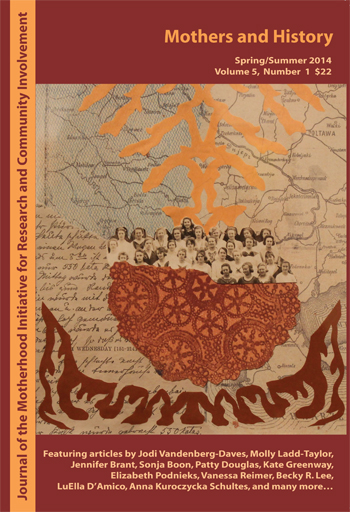Reading Ursula Bowlby’s Letters (1939-1940): A Chronicle of First Time Motherhood
Abstract
Drawing on the correspondence Ursula Bowlby wrote to John Bowlby following thebirth of their first child, Mary Hamilton, this paper explores Ursula’s experience with motherhood in the context of pre-War Britain. Not withstanding Ursula’s privileged position in British society, her expressed views and feelings about mothering are in many ways both timeless and classless. Ursula’s experiences of motherhood are also significant since her husband was to become the world’s leading ‘expert’ on attachment and a staunch advocate for mothers as primary attachment figures and selfless participants in childrearing. Ursula’s letters provide a chronicle of the ordinary experiences of motherhood. Juxtaposed to the formidable influence that ‘attachment theory’ was to have in defining motherhood, her letters reveal what little influence her lived experiences had on her husband’s theoretical writings on the subject.Downloads
Published
How to Cite
Issue
Section
License
All intellectual property in relation to material included on this site belongs to the Motherhood Initiative for Research and Community Involvement (MIRCI). All material on this site is protected by Canadian and international copyright and other intellectual property laws. Users may not do anything which interferes with or breaches those laws or the intellectual property rights in the material. All materials on the Motherhood Initiative for Research and Community Involvement (MIRCI) are copyrighted and all rights are reserved. Any reproduction, modification, publication, transmission, transfer, sale, distribution, display or exploitation of the information, in any form or by any means, or its storage in a retrieval system, whether in whole or in part, without the express written permission of the Motherhood Initiative for Research and Community Involvement (MIRCI) is prohibited. Please contact us for permission to reproduce any of our materials. This site may include third party content which is subject to that third party's terms and conditions of use.


